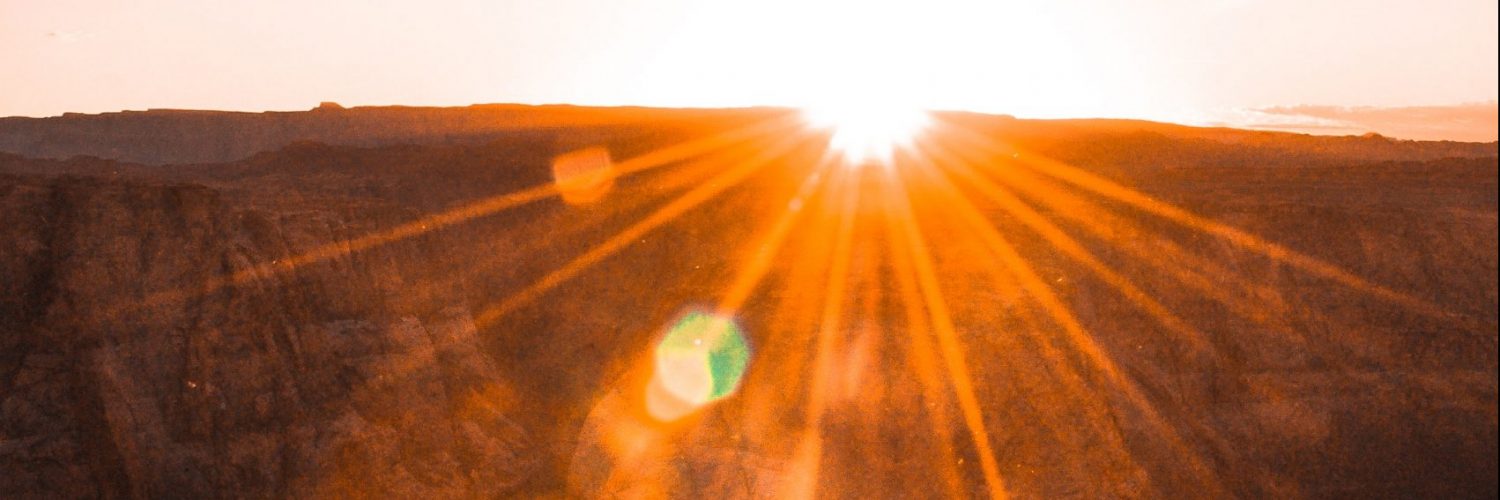On Monday, April 12th, Arizona State University students, state and national voices, and public and private sector leaders alike heard from some of the United States’ and Arizona’s foremost thinkers on the topic of initiative process reform.
The conversation was moderated by former Arizona U.S. Senator Jon Kyl, and featured panelists Maria Baier, Dr. John Leshy, and Robert Robb.
The conversation started with discussion about how the initiative process in Arizona currently functions and how it has progressed since its inception in the early 20th century. It was hosted at Arizona State University by the School of Civic and Economic Thought and Leadership (SCETL) and the Arizona Junior Fellows program.
The initiative process “has become, in recent years, less of a check on the Legislature and more of a substitute,” said Robert Robb, editorial columnist for the Arizona Republic.
Voter Protection Act’s impact
One of the points made by the panelists regarded the Voter Protection Act and how the Act has altered the usage of the initiative process in the state.
Passed in 1998, the Act restricted the ability of the Legislature and the governor to amend passed initiatives, locking them into statute or the state constitution with little recourse for change.
“The very thing that was put into place to protect the voices of ordinary people has now been co-opted by wealth and power,” said Maria Baier speaking to the outside influence on initiative measures.
This was a point of contention as the panelists all acknowledged that after the decision made in Citizens United, campaign contributions were protected as a form of speech. Former Senator Jon Kyl said, “Now we see a situation where money on both sides of the proposition talks. And without it you’re liable to not be able to get your point across.”
Campaign finance
Dr. John Leshy, a professor at UC Hastings Law School, said that at one point he believed the solution to preserving democracy was more financial disclosure from campaigns. However, after having resided in California and seeing the passage of Proposition 22 in 2020, Leshy came to the conclusion that so much money and so many interests are involved in the electoral process that voters already understand the influence of special interests.
In Arizona, Proposition 208 was funded largely by out-of-state special interests. An investigation conducted by Chamber Business News in September of 2020 revealed that 99.3% of the Yes on 208’s financing came from out-of-state special interests.
Next generation involvement
The conversation continued on as a SCETL student and an Arizona Junior Fellow asked what the younger generation can do to get involved and make responsible decisions regarding not just the initiative process, but politics as a whole.
The panelists all offered words of encouragement and optimistic prospects for future generations. Bob Robb in particular spoke to the importance of “putting politics in its place.” He believes that past generations have allowed for politics to be too large a part of society so future generations should not allow it to be so toxic that it affects the other aspects of life.
Joining Robb was Dr. Leshy, who spoke to the absence of success stories being celebrated because everything is seen as a partisan issue where one side wins and the other loses. Maria Baier and Senator Kyl both spoke to the educational aspect and how it can be the starting point in politics.
The mission of civic education has been taken up by SCETL at ASU, which is dedicated to “combin[ing] classic works and altruistic statesmanship to develop a new kind of leader: trained in critical thought, humble about human imperfection, and ready for anything.”
Solutions
Some potential solutions to issues currently experienced by the initiative process were bounced around and debated during the discussion. The overarching theme of how to improve the initiative process was centered around transparency. This includes not only the descriptions of the initiatives when getting petition signatures, but also the name of the initiative themselves.
Professor Leshy emphasized the importance of education on measures saying, “My remedies for controlling the process have to do with making sure that the voters can understand what’s at stake. Meaning that there are honest titles and honest descriptions.”
Sen. Kyl spoke of his experience in the legislative process to reflect on the quickness of the initiative process. Kyl served as Minority Whip in the United States Senate. “The degree of checks and balances which our federal constitution, and there are similar measures in the Arizona Constitution, imposes are worthwhile. The more thought you put into something and the more approvals that are required for it to become alw, the more likely it will be thought out, will be devoid of errors, and have more supporters behind it.”
An additional proposal that appears to be plausible would amend the Voter Protection Act so as to add a sunset clause on proposed legislation.
To learn more about the Future of Arizona Democracy project, read about the series here.
















Add comment